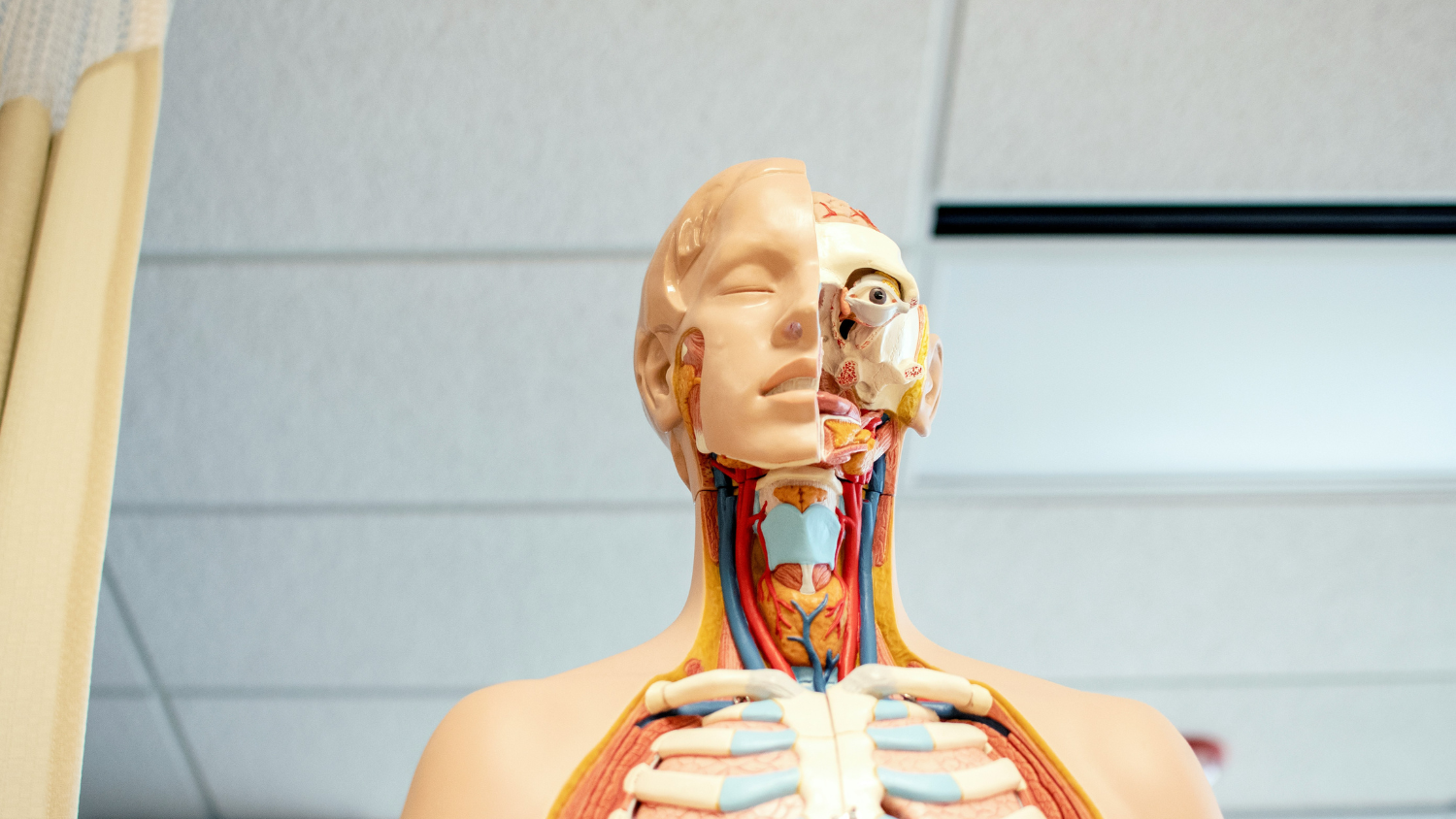Essential Metals and the Human Body: Balancing Health and Disease
.png?width=50)
Of the 20 elements essential for human survival, ten are metals, including sodium (Na), potassium (K), magnesium (Mg), and calcium (Ca), as well as transition metals like iron (Fe), manganese (Mn), and zinc (Zn).
These elements are involved in everything from energy production to DNA repair, demonstrating their integral role in sustaining life.
For instance Calcium and magnesium are crucial for muscle function and nerve signaling and Iron and copper, as redox-active metals, facilitate electron transfer, supporting cellular respiration and metabolism.
Despite their importance, maintaining the correct balance of metal ions is critical. Disruptions can lead to severe health consequences. Excess iron or copper, for example, can produce hydroxyl radicals through the Fenton reaction, damaging cellular structures such as DNA and proteins. Conversely, deficiencies in these metals can impair vital functions, leading to conditions like anemia or neurological disorders.
Metals and Disease
Imbalances in metal regulation are implicated in numerous diseases:
- Neurological disorders: Alzheimer’s, Parkinson’s, and Huntington’s diseases are linked to disruptions in metal homeostasis, particularly iron and copper.
- Cardiovascular health: Calcium and magnesium imbalances can affect heart function.
- Cancer: Abnormal metal metabolism may influence tumour growth and progression.
- Diabetes: Zinc plays a key role in insulin synthesis and secretion, highlighting its importance in metabolic health.
Interactions Between Metals
Metals rarely act in isolation. Their interactions, both with each other and with non-essential metals, influence biological systems. For example, chromium, often regarded as non-essential, may still affect glucose metabolism and interact with zinc in complex ways.
Advancing our understanding of how these metals function in biological systems requires a multidisciplinary approach, integrating bioinorganic chemistry, biophysics, and systems biology.
Research into metalloenzymes—proteins that depend on metal cofactors—has already revealed their importance in speeding up biochemical reactions. However, there is still much to learn, particularly about the interplay between essential and non-essential metals.
Exploring the role of metals in health and disease doesn’t just deepen our understanding of biology—it opens doors to new therapies and diagnostics. From developing biocompatible materials for medical implants to creating targeted drug delivery systems, the potential applications of this research are vast.
Metals are both the guardians and potential saboteurs of our health. By understanding their roles more fully, we can unlock solutions to some of the most pressing challenges in medicine today.
Collaborations between researchers and suppliers of these materials are vital to drive discoveries that can lead to improved health outcomes and technological advancements.
Why Choose Advent Research Materials?
We are committed to accelerating discoveries in bioinorganic chemistry and related fields by offering a comprehensive selection of high-quality metals, alloys, and compounds. Our materials are trusted by leading universities, research institutions, and biotech companies worldwide.
Whether you are investigating the catalytic properties of transition metals or studying their role in health and disease, we can support your work with:
- Customised solutions tailored to your research needs.
- Rapid delivery to keep your projects on track.
- Exceptional quality to ensure accurate and reliable results.
Explore our product range and learn how we can support your next breakthrough.
